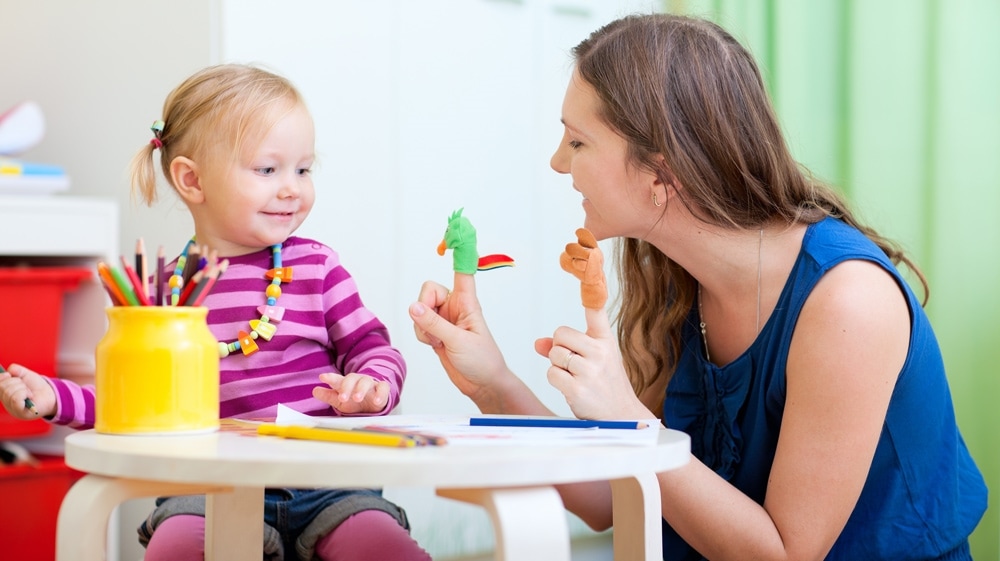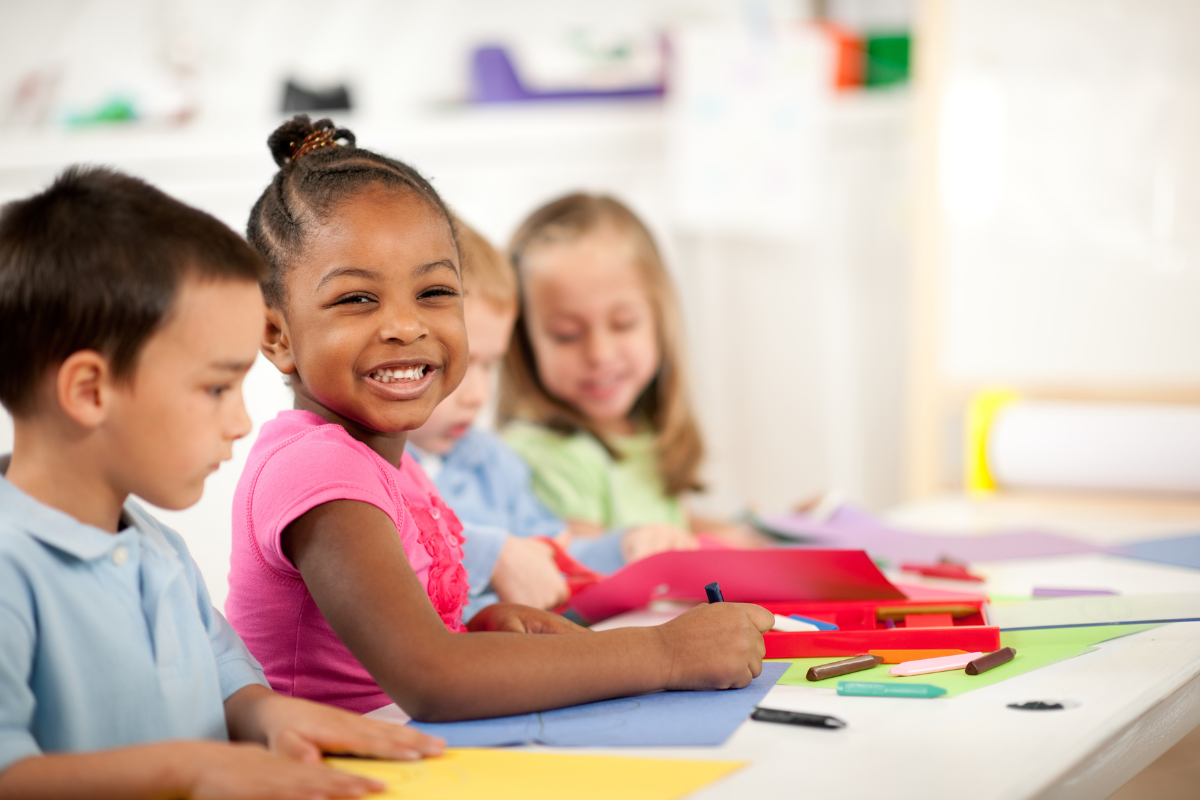Why Are Educational Tools Vital for Child Behavior Issues?
When dealing with child behavior issues, educational tools are pivotal for shaping positive behaviors and skills. These tools help children develop self-regulation, problem-solving abilities, and social interaction skills. By using techniques like cognitive behavioral therapy and mindfulness, kids can manage emotions effectively. Encouraging good behavior through reward systems and enhancing critical thinking abilities are crucial aspects. Additionally, tailored interventions and personalized learning support various…










